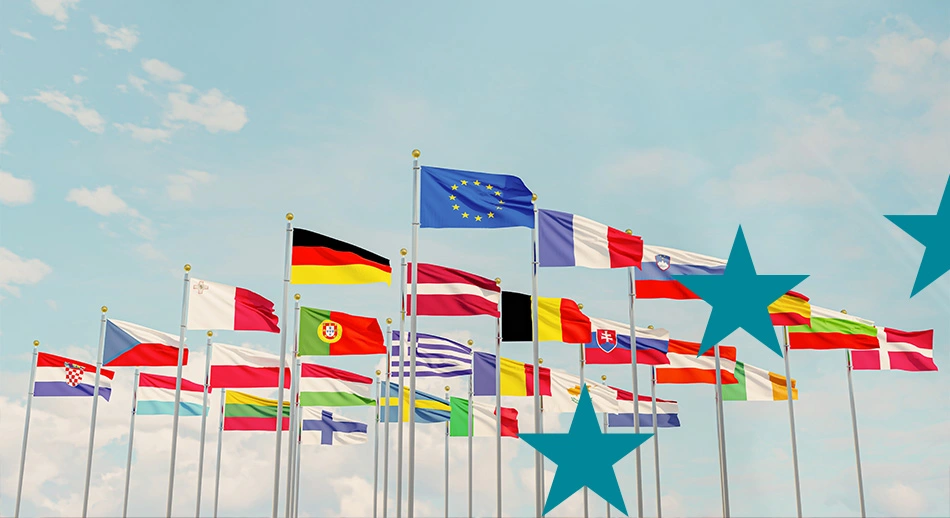As all our readers will know, on Sunday, May 26, voting is taking place in Italy for the election of the European Parliament.
What exactly does it mean, what are the particularities of this election round, and what are the possible consequences for community programs? Let’s find out together!
Since 1979, the European Parliament has been the democratic representative body of the European Union. It consists of 751 seats (705 after the UK leaves the EU), provides for a number of representatives proportional to the population of each member state, and represents 505 million European citizens. It is directly elected by universal suffrage and passes EU legislation, along with the EU Council (which is instead composed of representatives from member states)
Through various procedures (very interesting: watch this video!), all EU regulations go through the European Parliament, which can reject, amend and finally approve them. This also applies to Community Programs!
In fact, the key documents that establish the rules and financial amounts allocated to future European projects are part of the European legislation analyzed by the Parliament.
Have you never noticed it? For each of the Community Programs analyzed in our Guide, the first of the suggested “related documents” is always a document that starts like this: Regulation (EU) No. [numero e anno] of the European Parliament and of the Council of [data] establishing the program [titolo].
Theelection of the new Parliament is particularly important in light of the upcoming launch of a new seven-year programming period. The period 2021-2027 will include new community programs and new allocations of funds, under a new community financial framework (as explained above: post 1, post 2, post 3 and post 4).
The final word on all these issues will be up to the new European Parliament!
But this is not the only way in which the new European Parliament will affect the europlanning activity in the coming years. The election results will also determine the appointment of the President of the European Commission and the very composition of the Commission: a body that is, par excellence, the origin of legislative proposals (including those concerning the new Programs), as well as the main operational interlocutor (direct or indirect) in the management of all European projects.
So whoever wins will in some way determine the funds available, the nature of the new programs and their management–another very good reason to promote the May 26 electoral participation to the maximum!




